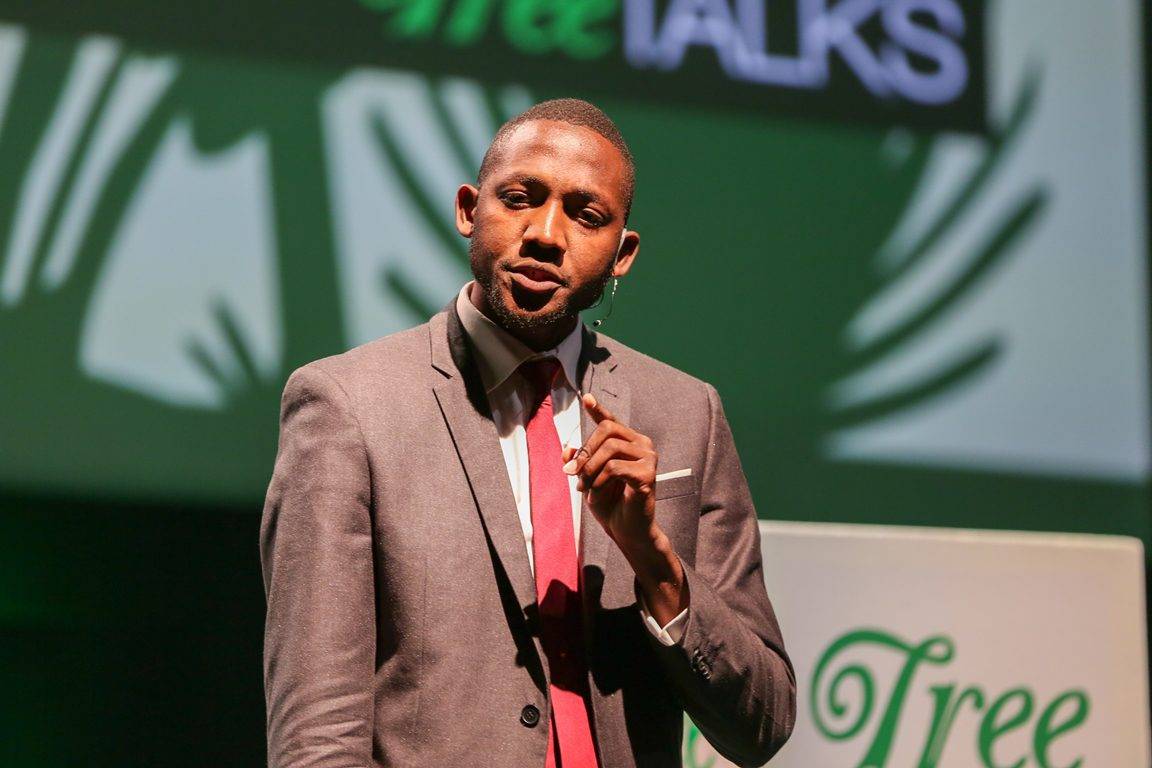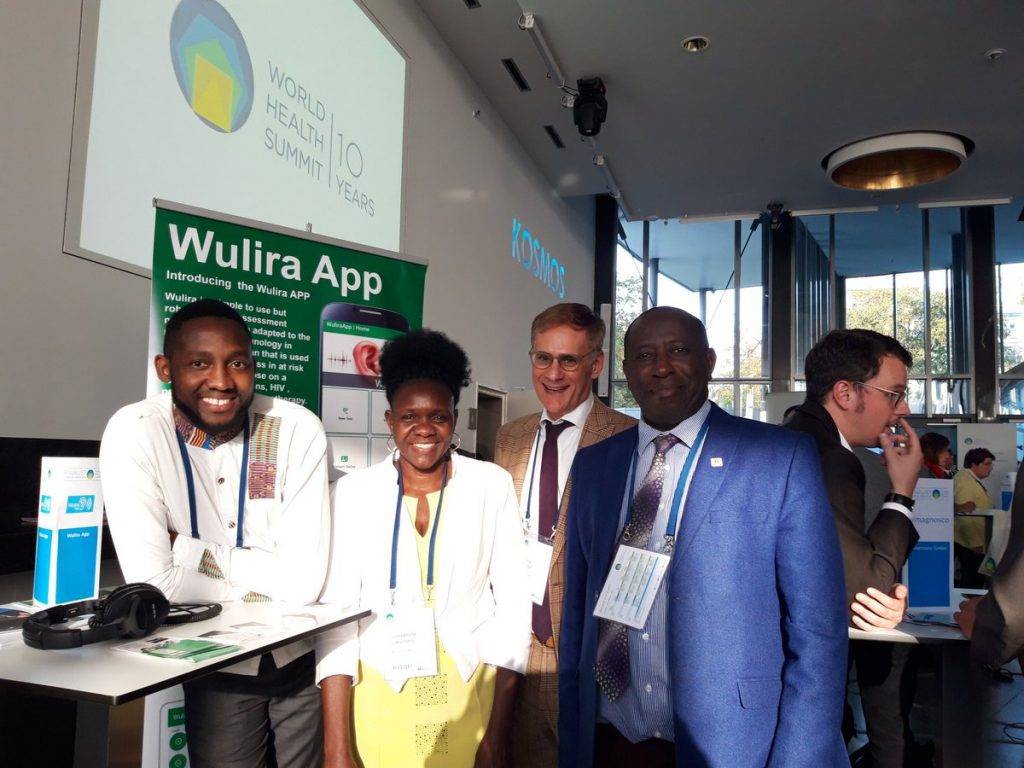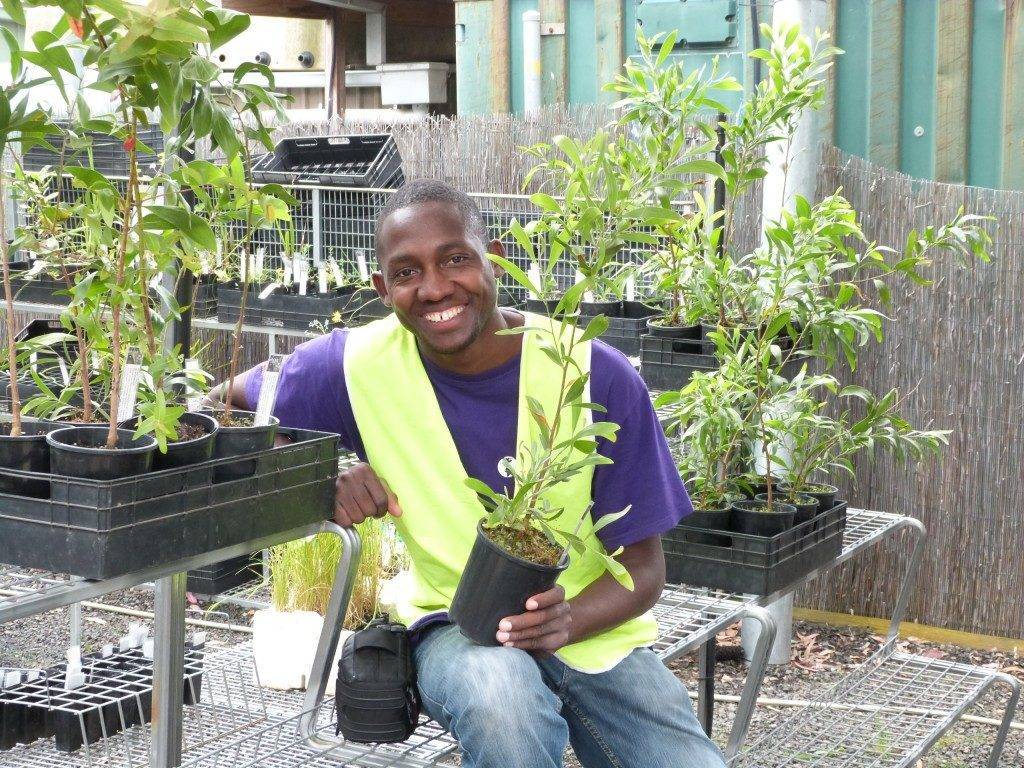Building Tech, Preserving Nature, & Creating Employment: Meet The Serial Entrepreneur From Uganda

Entrepreneurship has always had something to do with liberating people from poverty but in the case of Charles Batte – a 30-year-old Ugandan entrepreneur – it would seem there aren’t very many examples that are more profound.
As a child, Batte was raised in the squalid slums of Kamwokya, hanging out with ‘pot-puffing’ peers at only five years of age. Life in the slum was more or less a textbook case of how a lack of opportunities could set one up for a life of crime, despair, and regrets.
But not in this case, though. Of course, no one has any form of control over what circumstances they are born into, but there’s always some degree of control with respect to what one makes of the situation.
It’s easy to cry foul, play the blame game, and decry a lack of opportunities as the factor that doomed one from the off but at the end of the day, everyone has the option ride against the tide, brave the storm, and learn what fate has in store on the less trodden paths.
Batte happens to be one of such individuals who chose to make something out of his life in spite of the privations that characterised his childhood and the lure of hooliganism and crime.
Now, he’s become something of a serial social entrepreneur – impacting lives in such areas as healthcare, environment, agriculture, and youth empowerment.
Against the odds, Batte has gone on to qualify as a medical doctor from Makerere University, created an app that detects hearing impairments in at-risk individuals, set up a study centre for students, and championed a project known as Tree Adoption Uganda (TAU); a youth-led initiative that jointly addresses the challenges of youth unemployment and climate change in Uganda.

Source: BelieveEarth
Having exhibited impressive academic brilliance during his younger days, it was quite fitting that he was admitted into the Faculty of Medicine at Makerere University. During his vacations, Batte would work on farms.
At the age of 20, he started working on his own farm which was a small parcel of land that was left him by his grandfather in Mpigi; an impoverished community in rural Uganda. Within four years, the farm grew into an important source of income for the locals offering jobs to more than 50 people over two farming seasons.
“It was very small in the beginning,” Batte says. “All I did was grow some maize and beans on two acres. I used the remittance to expand the garden as well as employ more people the next season.” Since then, the small farm has expanded to over 20 hectares and added a piggery and a tree project to its scope of operations.
But that was just the first of many good things to come from the Ugandan entrepreneur. Upon completion of his medical studies, Batte furthered by pursuing a Masters’ Degree in Public Health.
During this time, he worked extensively with patients battling multi-drug resistant tuberculosis at Mulago Hospital.
For patients on the TB medication, hearing loss is a known side effect and even the World Health Organisation (WHO) recommends monthly checks to assess hearing ability. This monthly hearing checks typically requires a pure tone audiometer machine, a soundproof room, and a qualified audiologist.
It’s not exactly an inefficient testing system but one of its drawbacks is the fact that the service is not available throughout the country and at-risk patients need to travel long distances to hospitals with the equipment and personnel before they can get their hearing checked.
Charles Batte led a team of three other graduates of Makerere University to develop a technological solution that will bring the service closer to people – down to the very last mile. That way, persons who are unable to access hospitals like Mulago where they can have their monthly hearing tests done, can do it from the comfort of their homes.
With some assistance from his team, Batte rolled out Wulira; a mobile application which makes it much easier to check for loss of hearing in at-risk patients remotely.
The Android app works on similar principles as the pure tone audiometer used for hearing checks. It produces sounds of given frequencies and amplitudes ranging from 125 hertz to 8,000 hertz and amplitudes of zero up to about 100 decibels.
Essentially, every time a sound is played using the app, the patient responds to whether they’ve heard or not. In this way, it can be detected how much damage has been done to a person’s hearing.

Once a hearing assessment with the app on an android mobile phone is completed, data from the test can be shared with an audiologist irrespective of the user’s location.
The Wulira app is available for free download on Android from Google Play Store, although the team is working on making it compatible with other devices.
‘‘Everyone has a phone. Almost all doctors have smartphones. So you can test the patient wherever you are, and the good thing with Wulira is that you can be able to send the results to the audiologist to interpret for you or to advise you, remotely. You don’t have to be where the patient is,” says Josephine Likichoru, Senior Audiologist at the Kampala Audiology and Speech Centre.
At the moment, the app is blitzing past clinical trials – results from several tests conducted alongside normal testing devices have been in a concordance and the app is gaining validation from ENT specialists across the country.
For the last seven years, Batte has been something of an ever-present figure in the Ugandan entrepreneurial community, getting the youths engaged in gainful employment and improving living standards in his country’s economically-disadvantaged parts.
His efforts have not gone unnoticed as he has been the recipient of several awards even from his days in college. Charles Batte has also spoken at numerous local and international conferences and features in global media publications have been many. He could be considered a role model for Uganda’s mostly youthful population. How far he’s come from that sordid life on the streets of Kamwokya.
